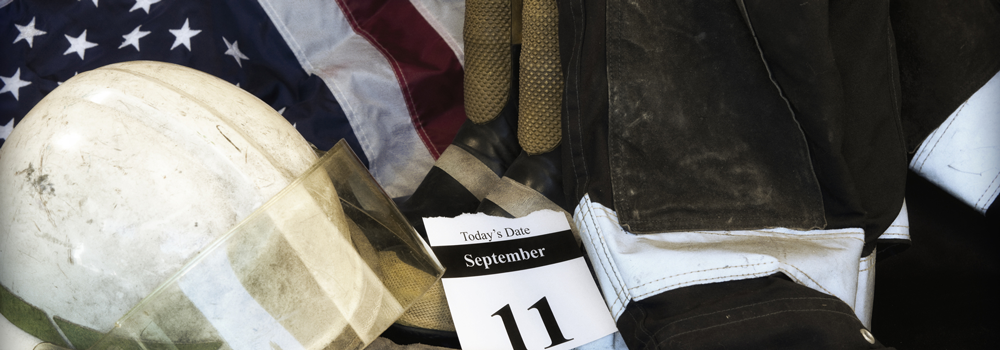
Never Forget, Despite the Pandemic
I was three months pregnant and working as a Web editor in New York City at iVillage.com when tragedy struck at the World Trade Center buildings. That particular morning, I had scheduled a prenatal appointment before going in to work. A mere few minutes after hearing my son’s heartbeat for the first time, a nurse burst into the room and said that a plane had crashed into the World Trade Center. The doctor and I were puzzled, but we figured it was some random accident by a confused pilot in a small private plane.
But after I left the doctor’s office, I realized what happened was no accident. When I first arrived at work, I learned that another plane had hit a second building. And these planes didn’t hit just any buildings — they made the World Trade Center buildings burn down in the most depressingly spectacular way. The entire staff was crowded around a small TV and quickly became very emotional. No one knew all the details, and my coworkers were telling fantastic stories, such as eight hijacked planes were circling all across the country. When I heard a plane hit the Pentagon, it became personal. My brother-in-law worked across from the Pentagon at the time. I couldn’t help it; the tears started to flow. The fear and sadness were overwhelming.
Fortunately for my coworkers and me, our company had a corporate apartment in the city. Most of us lived in Burroughs outside of Manhattan, and all the trains and busses were shut down. Around 15-20 of us squeezed into a one-bedroom apartment, but at least we had a place to go. That said, we still had to get there, which required a long, sad 17-block walk from upper Manhattan towards downtown and the direction of “Ground Zero,” which was the destroyed World Trade Center site’s former name. As we walked, we passed by several first responders, all covered in ash. Everything was covered in ash. Once in the apartment, we saw a hospital right outside the window. Several medical workers were clearly on high alert outside, waiting to take in survivors — but the slew of patients in need was far lower than expected. I called my husband. He never left Brooklyn, where we lived. He started work later than me and was standing on the train station platform waiting to board when he saw one of the buildings go down. A lady on the platform with him fainted.
The next day, I was so afraid to take in the air, fearful of its effect on my unborn son. It took me more than a year before I braved going down there, still afraid of what was in the air and how it might affect my breastmilk. It turns out that it was a smart move. We all know about the many 9/11 heroes who suffered from complications due to the poor air quality. When I was finally able to catch the train home, I saw flyers posted by loved ones desperately seeking information asking about missing people. The entire city was in mourning.
My son is now 19-years-old and has grown into a young man. I’ve made sure to tell him about that day and those who we lost. I know that I am Blessed. For so many people, that painful day stole their children, parents, and loved ones. I saw firsthand the devastation and the deep wound inside the hearts of New Yorkers. I realize that 9/11 affected all Americans differently, but even amidst this ongoing and insufferable pandemic, we owe the victims and their families a moment of recognition and remembrance. I’m heartened by the 9/11 Memorial and Museum. Tomorrow is not promised. We must #NeverForget.
